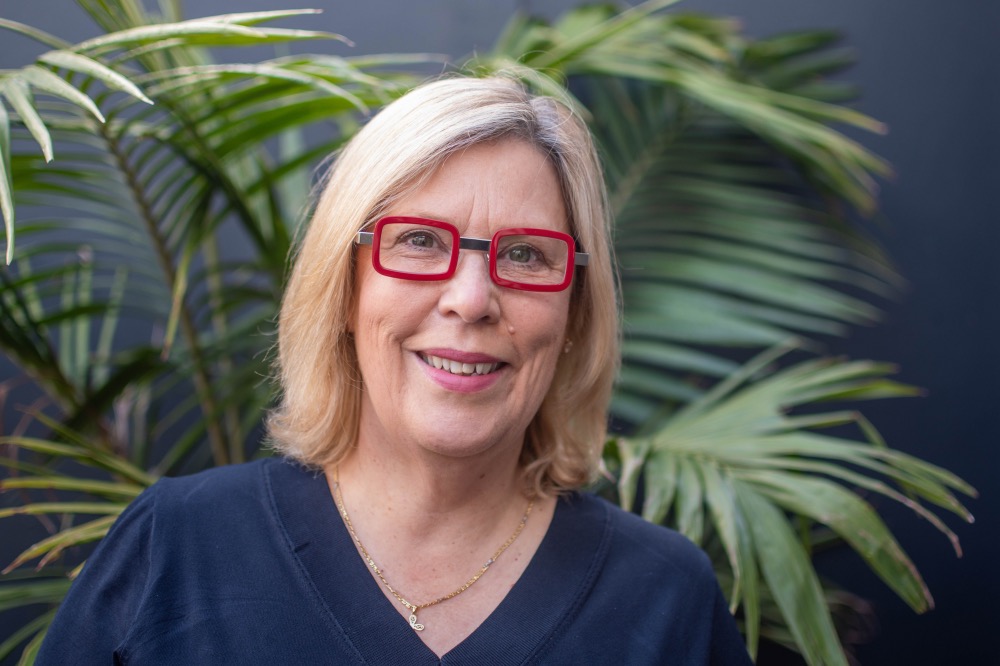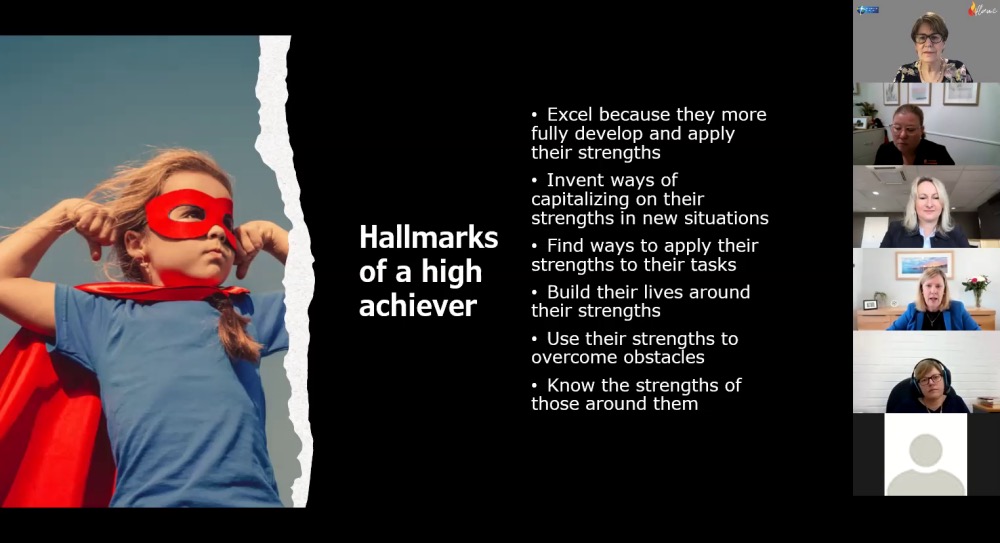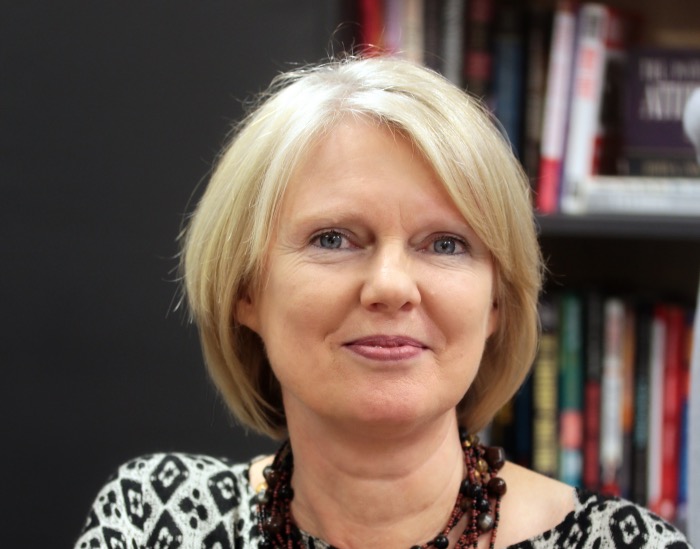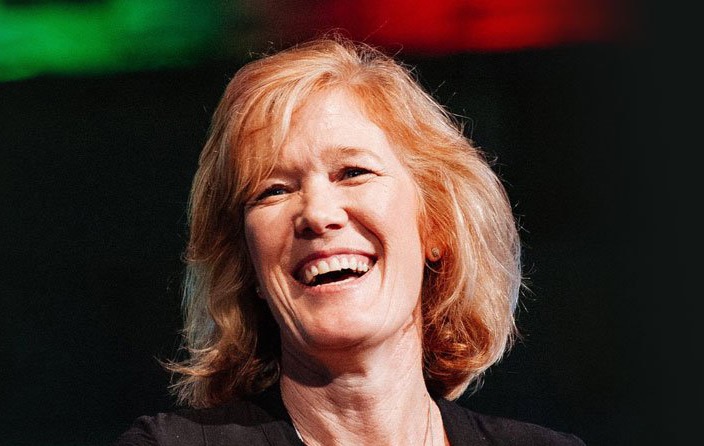
JO KADLECEK reports on an Australian initiative to equip women in leadership…
Almost every Wednesday morning from September until mid-November, 2020, some 30 educators from across Australia sat in their school offices for a class of their own. Connected to one another through Zoom, they were part of a first-of-its-kind training course for emerging leaders in the Christian school movement. The goal? To equip women in leadership for navigating the challenges they face in a field largely run by men.
The brainchild of Dr Maria Varlet, head of research and innovation at Crest Education in Melbourne and deputy chair of the Christian Schools of Australia national council, the course included seven interactive sessions with experienced leaders and educators from around the world. Selected participants were principals, teachers, heads of curriculum and others across various management positions.
“We knew we needed to get women together who were modelling leadership, give them tools that are both practical and interactive as well as a valuable way to network,” Varlet said. “Sure, there are lots of leadership courses out there as well as women’s events, but women in leadership is a unique space that we need to invest in, to give women a leg up so they know they’re not alone in what they’re facing and navigating.”

Dr Maria Varlet, head of research and innovation at Crest Education in Melbourne and deputy chair of the Christian Schools of Australia national council, who initiatied the Aspire course. PICTURE: Supplied.
With expertise in promoting and developing innovation in education, Varlet designed the course around training and support for women in leadership as well as gender specific challenges, many of which she has faced in her own career. Jill Healey, who runs CSA’s Leadership Development Program and is herself a retired executive principal, hosted the Zoom sessions with Varlet as part of the Female Leaders and Managers in Education (FLAME) initiative.
“FLAME came out of a desire to promote women in leadership. We want to train the next generation of school leaders, particularly women because they’re often not putting up their hands or are overlooked for management roles. We wanted to address that.”
– Jill Healey, who runs CSA’s Leadership Development Program
“FLAME came out of a desire to promote women in leadership,” Healey said. “We want to train the next generation of school leaders, particularly women because they’re often not putting up their hands or are overlooked for management roles. We wanted to address that.”
The new course Aspire: Navigating the path of Female Leadership challenged women educators to build their capacity as they learned of issues such as confidence, being made in God’s image, resilience, self-awareness, office politics, mentoring, and leadership development.
“We would have preferred this to be in person but COVID actually made it more accessible and affordable,” Varlet said. “Because they didn’t have to travel and could take the course via Zoom, we had a range of professionals from WA, QLD, Victoria, NSW, even Cambodia, all from schools that are CSA members, Baptist, Pentecostal, multi-denominational – a real diversity. Their contexts might be different but we know the issues are the same.”
Lecturers for the course also brought diverse expertise within their personal narratives. They included theologian Marg Mowczko; Rev Dr Graham Hill, president of Stirling Theological College in Victoria; Dr Jeannie Trudel, president of Christian Heritage College in Brisbane; Dr Beth Green, Provost of Tyndale University in Toronto, Canada; Shirley Reeder of Brave Consulting; Rev Melissa Lipsett, former COO of the Bible Society Australia; and Fiona Hutton, education consultant.
“Too often, we’re living with the legacy of past Biblical interpretations that are wrong, that suggest women are inferior,” Mowczko said in one of the first sessions. “The Bible has too often been seen through this strong patriarchal lens and it’s hard to shake that. So how do we move this [new] understanding into the church and our schools, how can we approach the Bible with more context so that we get a whole view that allows for nuance and questions about the back story?”
A D V E R T I S E M E N T
{subscriber-ad}
Hill, whose recent book is Holding up Half the Sky: a Biblical Case for Women Leading and Teaching in the Church, said that men are not stepping up to the plate when they fail to affirm the efforts and gifts of women as equals.
“Many [men] are steeped more in culture and don’t reflect Biblical vision or imagination of what it means to be a disciple of Jesus,” he said. “The Biblical picture is one of men and women living and serving together in mutuality and equality in the home and the church. Women can hold any office in the church and perform any ministry. Women, like men, [are to] serve and lead on the basis of their gifts and callings, not on their gender.”
Hill also called for a change of lifestyle, to expect a place at the table and that anything less was lip service.
“The Biblical picture is mutuality and equality in the home and the church. The Biblical vision is complementarity without hierarchy, equality and mutual submission in marriage and ministry, and oneness in Christ.”

A screenshot from the Aspire course.
Until that happens, however, resilience is crucial for women as they navigate leadership difficulties.
“Resilience implies we’re in it for the long haul,” Trudel told the educators. “You might fall but you get back up. Our lives are not determined by circumstances, but our character is shaped by them. The way we look at our lives will determine our approach to it. If we see it as grace filled or challenged or faith filled or roller coaster, we’ll be living out that way. We have a natural tendency to take on everything so how can we look at situations from our perspective as a whole person? Many are socialised to think ambition is a bad thing but if God opens a door, we have to walk through and that can be about Kingdom building.”

Theologian Marg Mowczko.
Green, who has an international reputation for her expertise in religious school ethos, leadership and management, suggested that women in education can and should choose their bosses so as to help them think better about leadership from all perspectives. She herself has had several male leaders invest in her skills and career, and because of that has been all the more prepared for her current role.
“Sometimes the expectations put on us hinder us from diving in as female leaders juggling a lot of things,” Green said from Toronto. “We’re better at putting our head wholistically around things. We also know that we don’t want to burden others, and we’re more likely to apologise and take it on board. So we need to cultivate intentional relationships, people to pray for you, offer wisdom and shared leadership and even do practical things for you [when your schedule is too full], because each helps address some of the perspectives that might keep us back.”
Such perspectives remain real in the workforce and in education as women’s voices are still not heard and those with potential for leadership are still too often sidelined or ignored, according to Lipsett. “I believe our world is poorer because of it. It’s a matter of stewardship. There are so many external and internal barriers, unconscious and conscious bias that women often feel afraid to deviate from traditional paths.”

Rev Melissa Lipsett, former COO of the Bible Society Australia, was among those who took part in the course. PICTURE: Supplied.
Having learned to navigate a man’s world as the first woman in many situations, Lipsett told the educators to, “get your brave on”.
“It’s one thing to encourage women and another to actually create opportunities, to be intentional about getting them in positions of leadership.”
Which is why Varlet is already planning the next training opportunity for a new CSA cohort, to be delivered in 2021.
“Because men aren’t finding it difficult to move through the leadership ranks [in our schools], and women still are, we’ll keep offering training and promoting conversations so that the percentages of women in leadership becomes commensurate with those in the population,” she said. “This first course has shown us women are hungry to learn, they’re gifted and ready to put up their hand – if they know they’ve got support behind them.”





